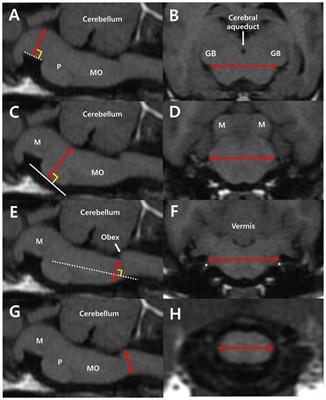CASE REPORT
Published on 23 May 2024
Case report: Focal heterotopic ossification in paravertebral muscles as a cause of neurogenic lameness in a dog
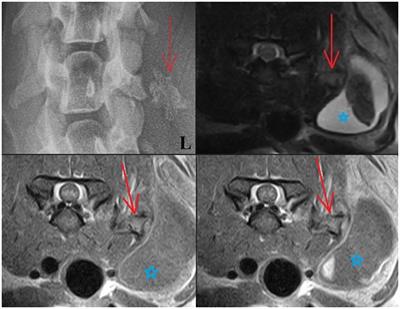
doi 10.3389/fvets.2024.1335175
- 1,216 views
7,223
Total downloads
33k
Total views and downloads
CASE REPORT
Published on 23 May 2024

ORIGINAL RESEARCH
Published on 19 Mar 2024
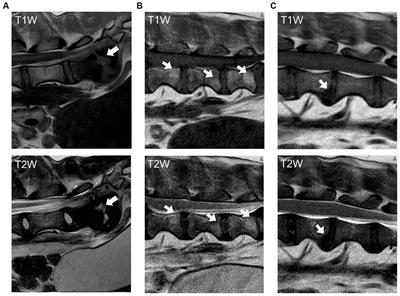
ORIGINAL RESEARCH
Published on 23 Jan 2024

ORIGINAL RESEARCH
Published on 18 Dec 2023
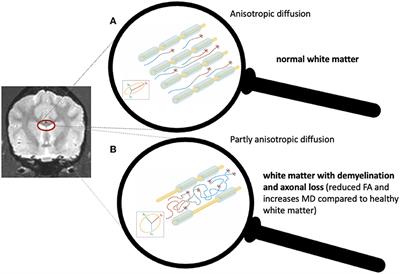
ORIGINAL RESEARCH
Published on 06 Dec 2023
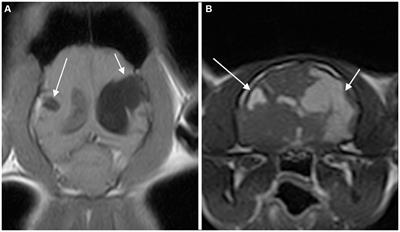
ORIGINAL RESEARCH
Published on 23 Nov 2023
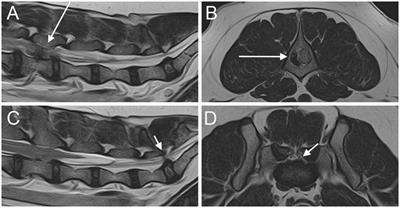
ORIGINAL RESEARCH
Published on 08 Nov 2023
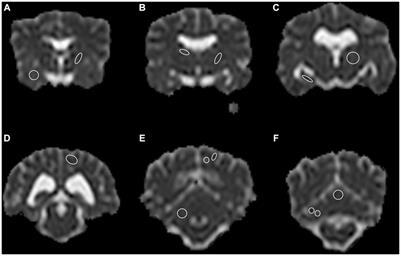
CASE REPORT
Published on 05 Oct 2023
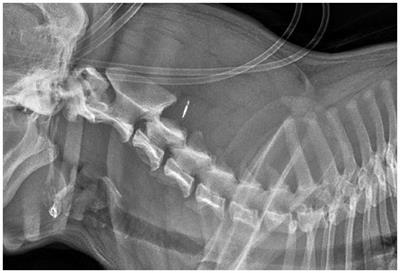
ORIGINAL RESEARCH
Published on 27 Sep 2023
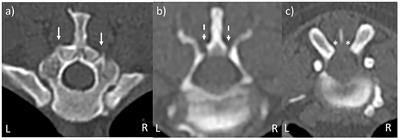
ORIGINAL RESEARCH
Published on 13 Sep 2023
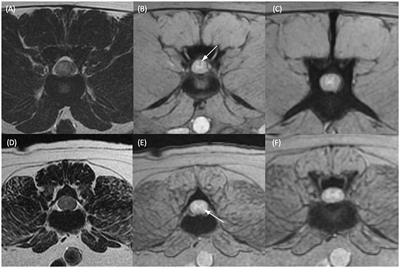
ORIGINAL RESEARCH
Published on 17 Jul 2023
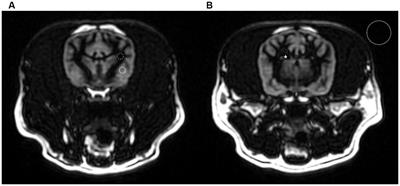
ORIGINAL RESEARCH
Published on 13 Jul 2023
